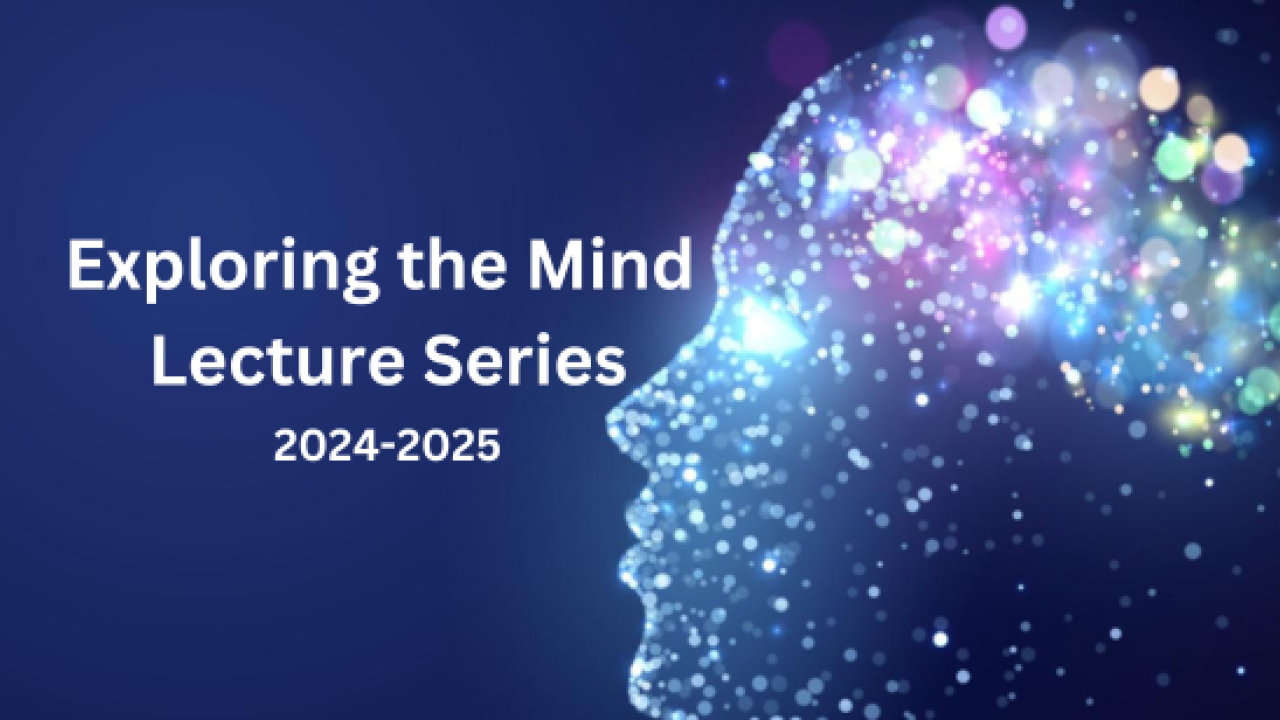
Event Date
Al Kim, Ph.D.
Associate Professor of Neuroscience and Psychology
University of Colorado, Boulder
Understanding the essential role of cognitive control in human language processing, indexed by neural oscillatory theta band activity
Understanding language requires readers and listeners to cull meaning from fast-unfolding messages that often contain conflicting cues pointing to incompatible ways of interpreting the input (e.g., “The cat was chased by the mouse”). I will show that prefrontal cortex cognitive control mechanisms play an essential role in resolving conflict during language comprehension. I will present results from recent EEG studies showing that representational conflicts during real-time language comprehension elicit increased neural oscillatory activity in the theta band (3-7 Hz). Critically, language processing challenges can occur without representational conflict (e.g., syntactic anomaly), and these challenges elicit different effects on the EEG activity, such as the central-parietal P600 ERP effect. Overall, our results indicate that theta band activity provides a selective index of cognitive control engagement during real-time language comprehension. I will also introduce an account of how cognitive control aids language processing when cues conflict, by sending top-down biasing signals that strengthen the interpretation supported by the most reliable evidence available. This account provides a computationally plausible model that solves the critical problem of how cognitive control “knows” which way to direct its biasing signal by allowing linguistic knowledge itself to issue crucial guidance.
